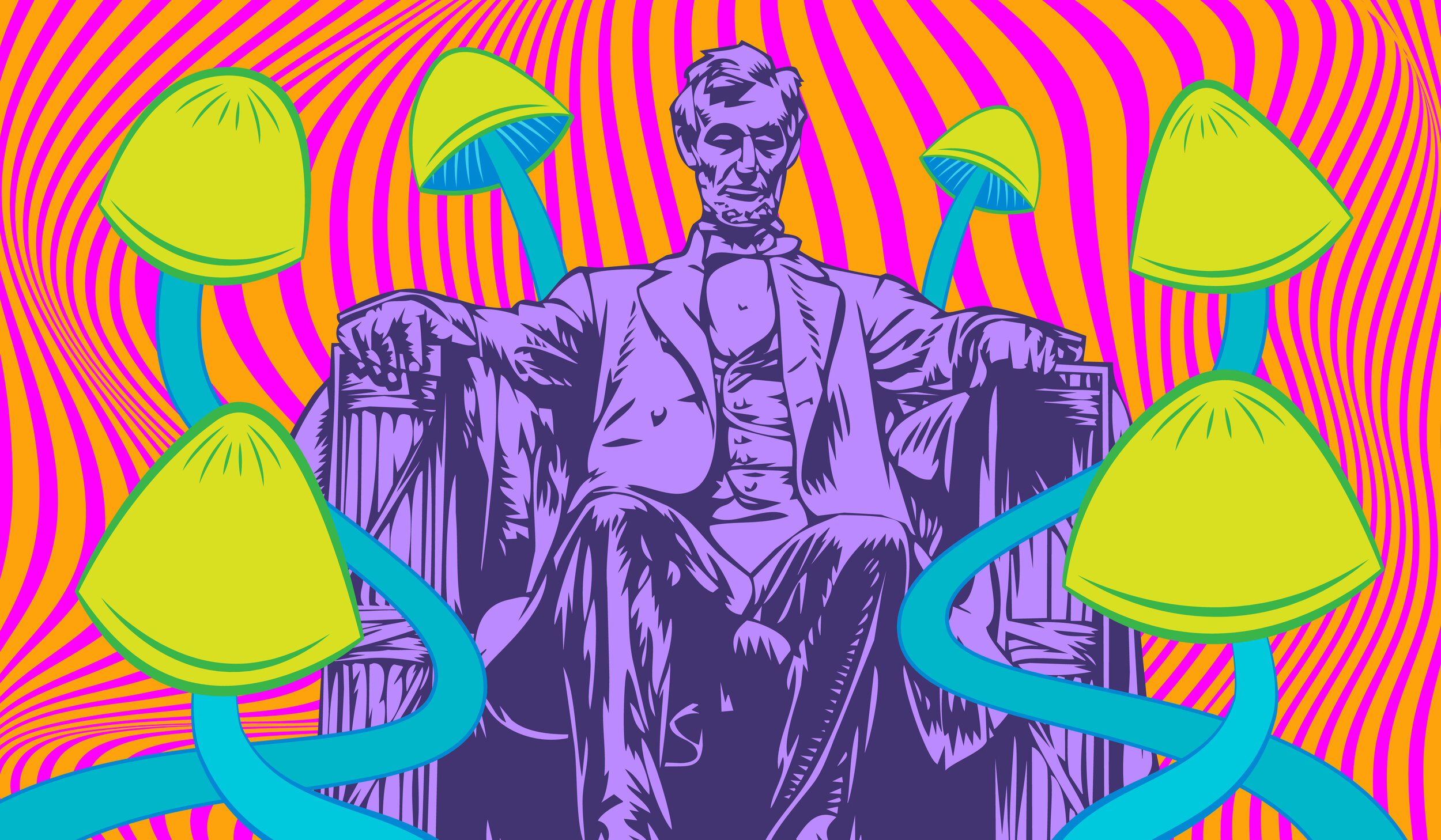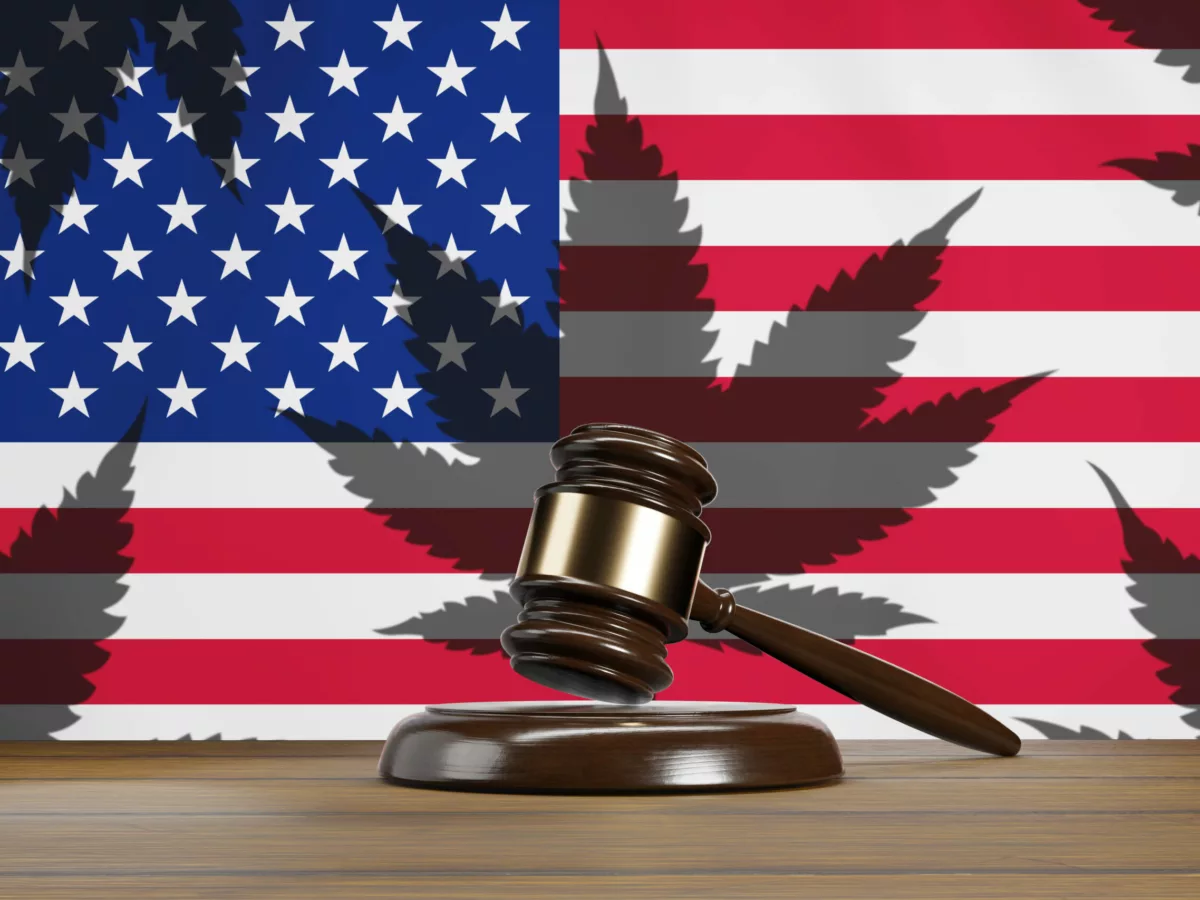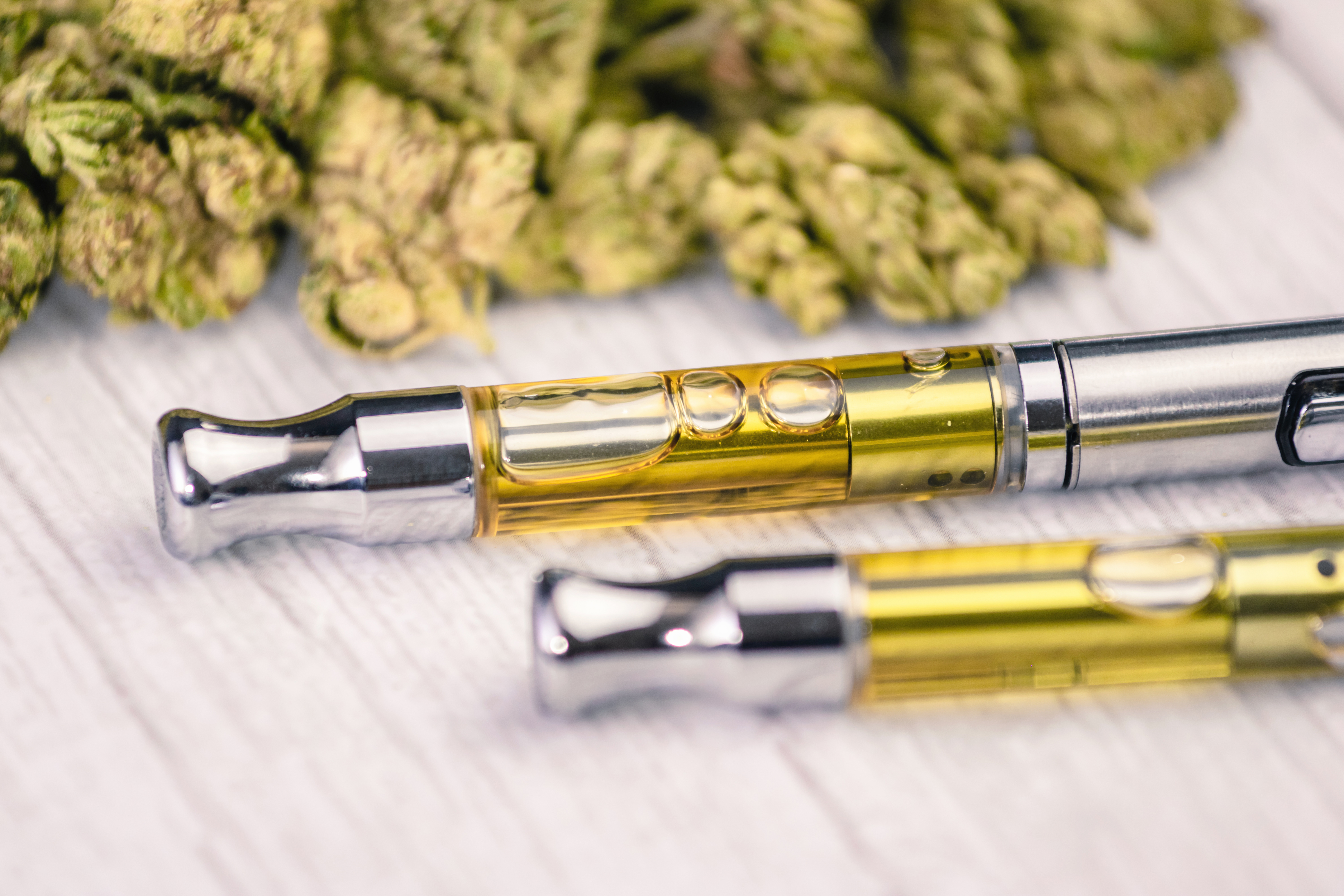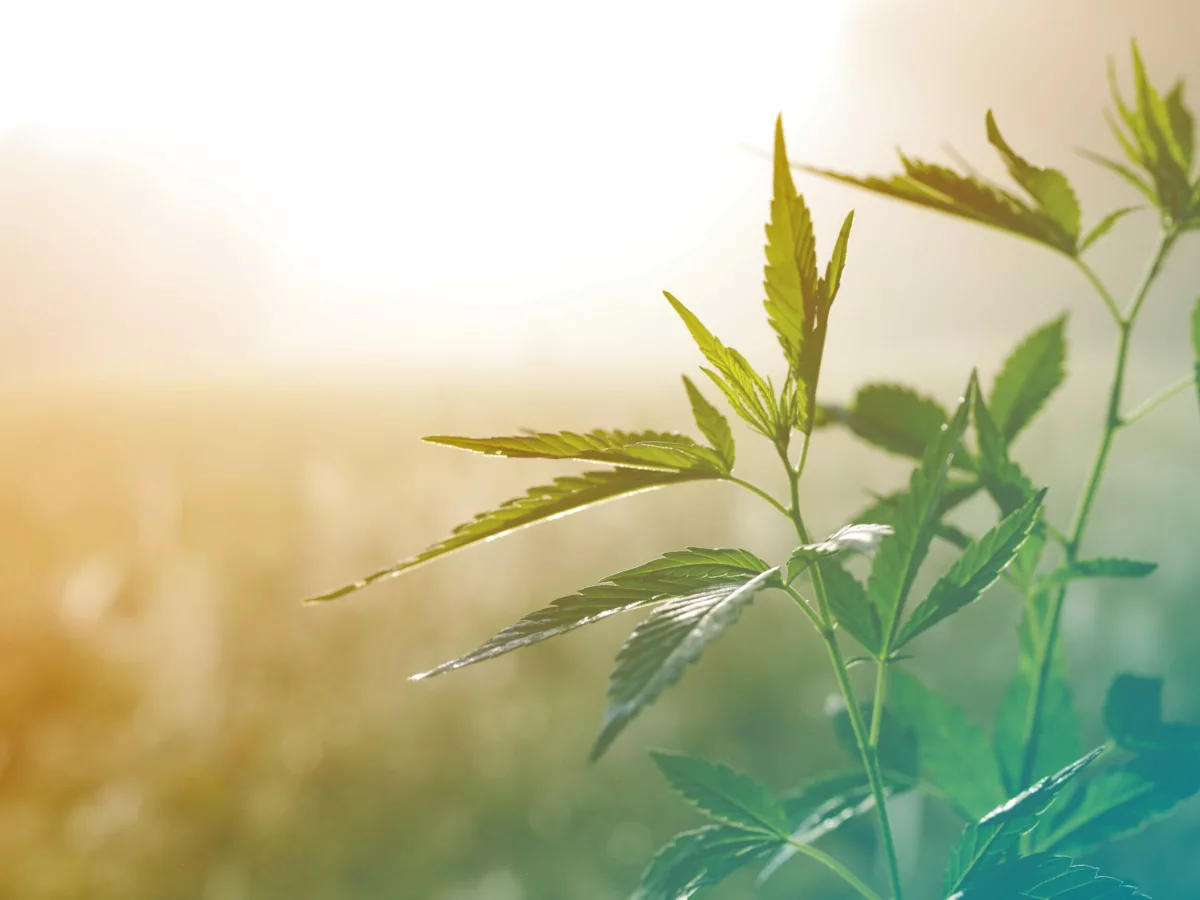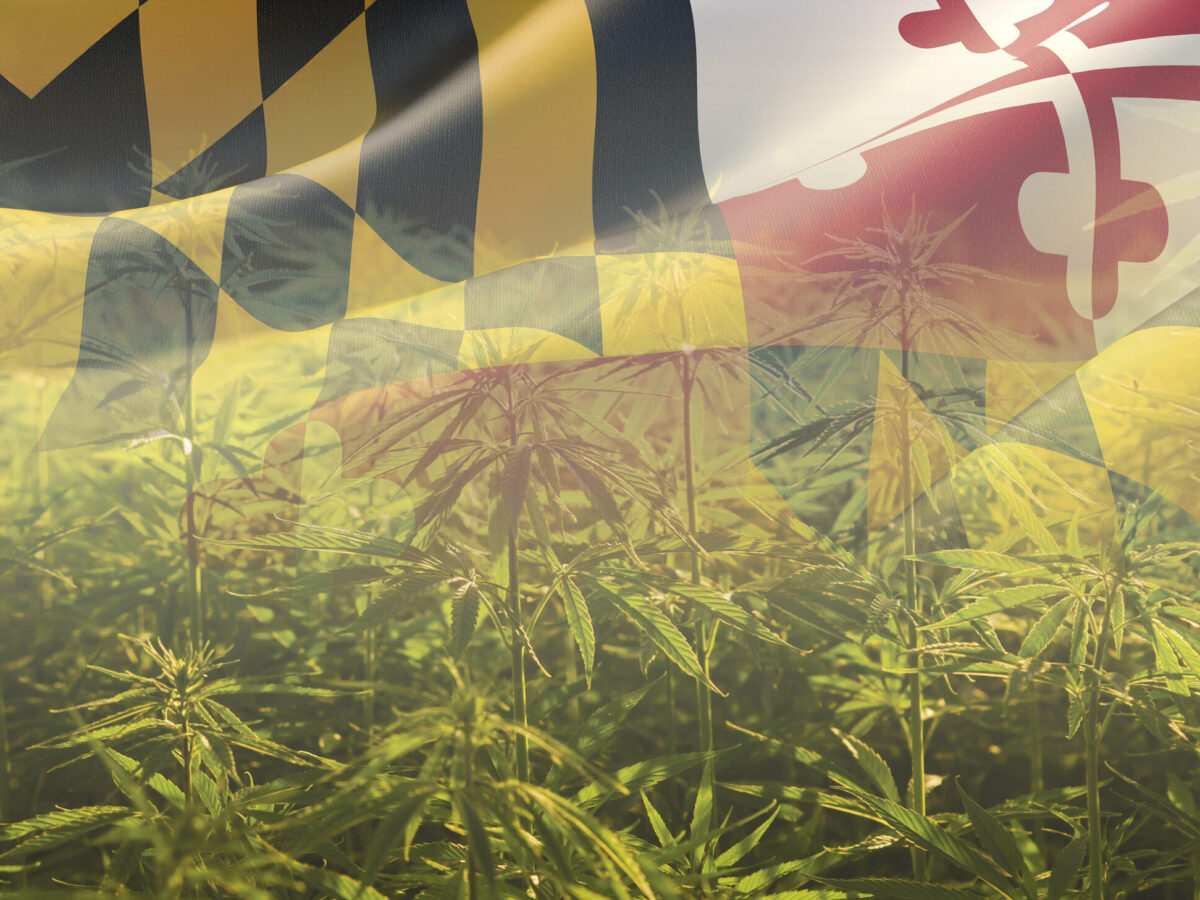As Washington D.C. moves closer to launching a regulated commercial cannabis market, plant-based psychedelics are taking a major step toward legal accessibility. On March 15, Initiative 81, a local decriminalization measure that voters supported in 2020, officially took effect. It makes “non-commercial planting, cultivating, purchasing, transporting, distributing, engaging in practices with, and/or possessing entheogenic plants and fungi” among the District’s lowest law-enforcement priorities.
Decriminalize Nature D.C. and its chairwoman, Melissa Lavasani, galvanized local support for the ballot initiative that more than 75% of D.C. voters approved. Lavasani’s advocacy is fueled by her experience using psychedelics to treat postpartum depression. The Outlaw Report asked Lavasani how this legislative victory felt.
“It feels amazing. I took a risk coming out of the psychedelic closet, and winning by 76% affirms that my story is not only relatable but people understand the issues with our drug laws and society’s perception of drugs, in general,” she said.
Initiative 81 survived its 30-day Congressional review, during which federal lawmakers can vote to overturn D.C. measures. The proposal previously faced opposition from both D.C. Mayor Muriel Bowser and anti-cannabis Rep. Andy Harris, whose “Harris Rider” currently prevents a commercial cannabis industry from launching in D.C., even though local voters supported legalization.
Lavasani is also the co-founder of a newer related national group, the Plant Medicine Coalition (PMC), which is pressing for increased police guidance on Initiative 81 and safeguards for local users of plant medicine. PMC is advocating for the D.C. Council to develop child and worker protections for those who take drugs like psilocybin, ayahuasca and mescaline. PMC doesn’t want employee or parental use of these plants to lead to lost jobs or separated families.
“As a parent to two small children and a plant medicine user, this is an extremely important issue to me; to do everything in our power to protect people who have taken their mental health [into] their own hands and are safely using plant medicines,” Lavasani said.
PMC also wants to help law enforcement understand and implement the new policies, and learn how to safely assist people using plant medicines. Due to the restrictions placed on D.C. by Congress, such as the Harris Rider, Lavasani said, “Full decriminalization is not possible in D.C. so while the politicians work to figure out how [the District] can be more autonomous, PMC is taking the next step in protecting people who do get caught using [these] medicines.”
Beyond its work in the capital, PMC has a nationwide vision and supports the use of both natural and synthetic psychedelics. It intends to participate in and fuel the pro-psychedelic movement that is spreading across the U.S., which has seen recent success in the state of Oregon, and in cities such as Denver, Ann Arbor, Oakland and Santa Cruz. It plans to campaign for $100 million in federal research funding, to boost psychedelic-related dialogue among lawmakers, and to establish D.C. Community Healing Hubs centered on plant medicine.
On April 1, a grant application period opens that will fund these hubs as well as “leadership for plant medicine education, training, documentation and multidisciplinary integration support.”
Lavasani said the implementation of Initiative 81 proves that Decriminalize Nature D.C. was able to run a successful campaign and communicate its message effectively during the pandemic, and how important it is for PMC to now connect with and educate lawmakers.
“Education is quite possibly the most important aspect in moving the political needle forward,” Lavasani said. “If we want our government to change laws around psychedelics, it is essential that our lawmakers understand the potential transformational impact these medicines have, the growing body of research that supports these arguments, and the long cultural history of many civilizations using these medicines to change peoples’ lives.”
